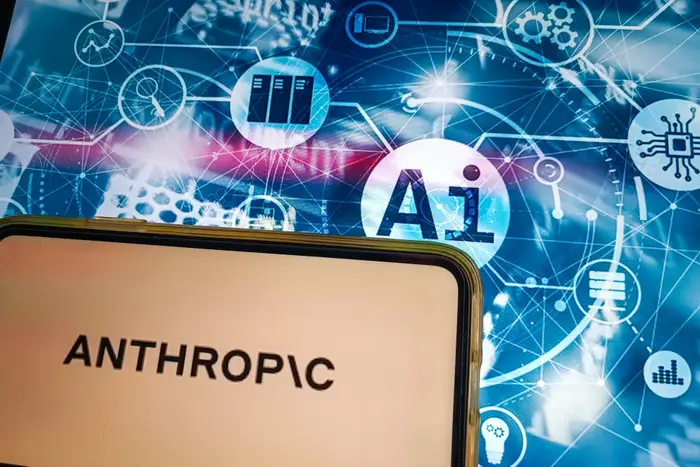Anthropic, the AI startup behind the Claude chatbot, has agreed to a $1.5 billion settlement in a class-action lawsuit filed by authors who alleged the company used pirated copies of their books to train its AI models. If approved by a judge, the settlement would provide roughly $3,000 per book for approximately 500,000 works, making it the largest reported copyright recovery in U.S. history (AP News).
Background of the Lawsuit
The lawsuit was filed by authors including Andrea Bartz, Charles Graeber, and Kirk Wallace Johnson. They claimed Anthropic downloaded books from illegal sources such as Library Genesis and Pirate Library Mirror to train its AI systems. While courts previously ruled that using legally purchased books for AI training falls under “fair use,” they condemned the use of pirated texts, leading to this substantial settlement (WIRED).
Terms of the Settlement
Anthropic has agreed to compensate authors about $3,000 for each of the estimated 500,000 books involved. The company must also destroy any datasets containing pirated content and adopt legal methods for acquiring training materials in the future (The Times of India).
Implications for the AI Industry
This settlement sets a major precedent for AI developers, emphasizing the importance of respecting copyright laws in model training. It highlights the need for transparency in data acquisition and encourages companies to ensure all training datasets are legally sourced. The outcome could shape future legal standards and industry practices regarding AI training materials (WIRED).
Anthropic’s Response
Although Anthropic denies any wrongdoing, the company has expressed its commitment to responsible AI development. A spokesperson stated that the settlement “will resolve the plaintiffs’ remaining legacy claims” and emphasized the company’s dedication to training AI models using legally obtained content (CBS News).
Looking Ahead
As AI technology evolves, the legal landscape is also adapting. This settlement serves as a critical reminder for AI companies to comply with copyright laws and consider the legal and financial consequences of using pirated materials. The case may influence future policies around AI training, balancing innovation with intellectual property rights.

